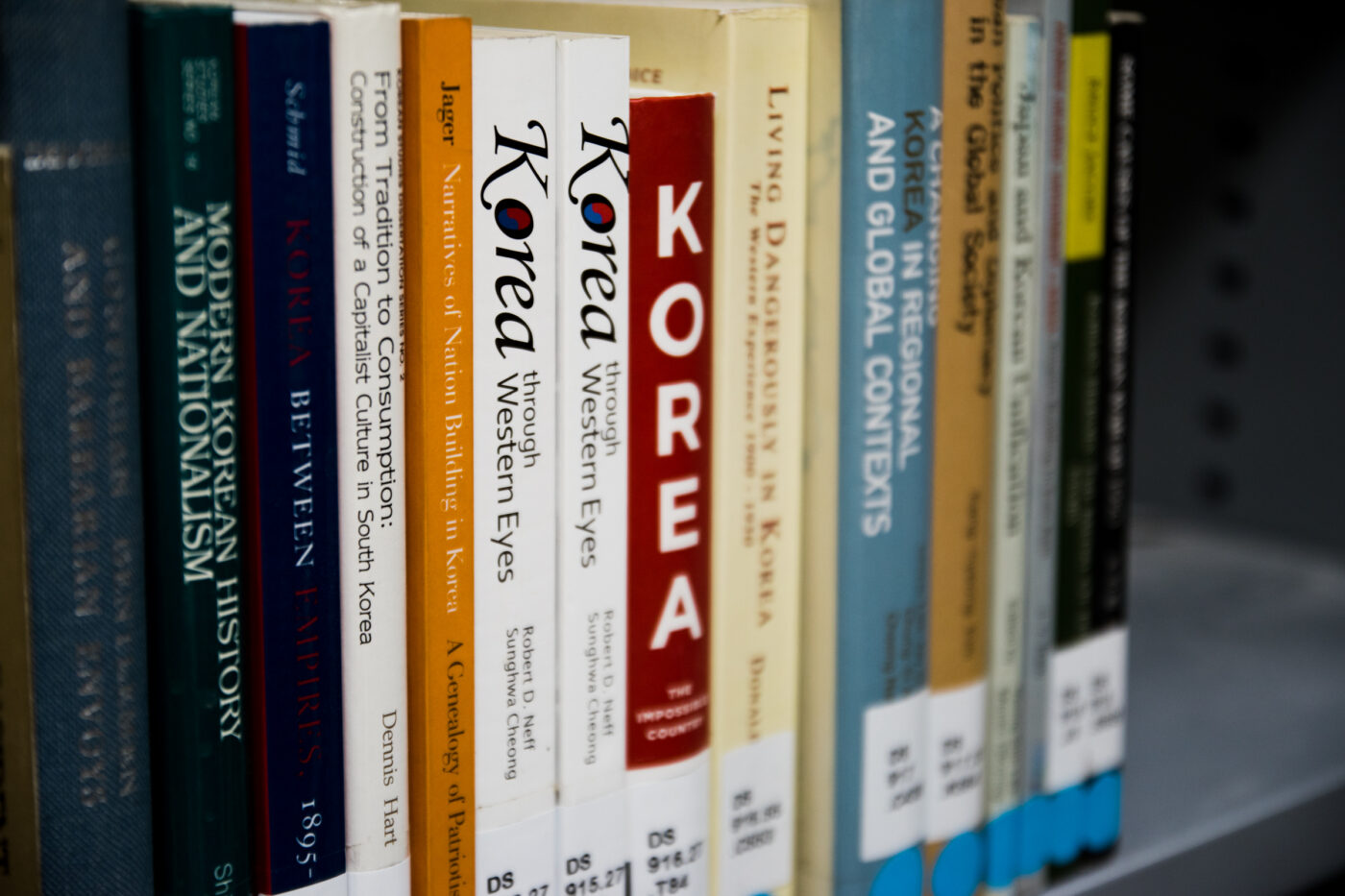PIONEERING THE growth of Korean studies in the Philippines, the Ateneo De Manila University is now institutionalizing the discipline into an academic program.
This is what Loyola Schools (LS) Coordinator for Korean Studies Sarah Jane Domingo-Lipura explained during the 2015 Academy of Korean Studies International Conference on Korean Studies held in South Korea on June 25 and 26.
Themed “Institutional and Intellectual Trends of Korean Studies in Countries of Southeast-South Asia and Oceania,” the event invited delegates from Australia, Cambodia, India, Indonesia, New Zealand, Philippines, Singapore, Thailand, and Vietnam to speak about the status and latest developments in Korean studies in their respective nations.
Lipura shared how the said field can emerge in the Philippines through a three-stage framework entitled “Korean Studies in the Philippines: Incubation, Institutionalization, Indigenization.”
Incubation involves the promotion of Korea as a field of study to students and faculty through the maximization of Hallyu or “Korean Wave,” which is composed of the country’s pop culture elements, including K-Pop music, Korean drama and films, and Korean gadgets and products.
Institutionalization refers to the “creation of formal structures and mechanisms that will formalize Korean studies as an academic program.”
Meanwhile, indigenization is the framing of Korean studies in the context of the country with the hope of growing numbers of local scholars who can handle the said field through instruction and further research.
Progress in ADMU
Domingo-Lipura, who is also the Associate Director of the Ateneo Initiative for Korean Studies (AIKS), said that “Korean studies in the Philippines is still, in general, in its incubation stage.”
AIKS was set up in 2012 to “consolidate all Korea-related efforts of the university.”
For three years, it has conducted various cultural activities that introduced Korea to LS students and faculty.
The activities include cultural caravans in partnership with the Korean Cultural Center in the Philippines called Chuseok, or “Thanksgiving Festival,” and Seollal or “New Year’s Festival.”
AIKS also initiated the gathering of Filipinos who teach the Korean language through the creation of the Philippine-based Teachers of Korean Language Network in 2012.
In May, AIKS partnered with the Rizal Library to start a Korean studies resources online portal, the first of its kind in the country.
Domingo-Lipura added that one of the major signs of the progress of Korean Studies in the university is the establishment of the Minor in Korean Studies, which is currently housed under the Modern Languages Department.
She hopes to transfer Korean Studies under the School of Social Sciences, along with the Japanese and Chinese Studies Departments, once it becomes a full program.
A promising study
Communication senior Caitlin Jao, who is taking a Minor in Korean Studies, shared how Korea’s story of progress compelled her to view it from an academic perspective.
“Back then, Korea struggled as much as our country does at the moment—facing social issues such as poverty, hunger, lack of health care, [and the like],” she said.
“[However], they were able to overcome those challenges and get to where they are now. Korea is a very inspiring country and there is much that we can learn from their success,” Jao added.
According to Angelica Manza, another student taking a Korean Studies minor, “part of me wants to know how Hallyu has connected people who are oceans and continents apart, and how cultural proximity played a part in establishing a huge fan base in Southeast Asia.”
For Domingo-Lipura, Korean studies is important for Filipinos, such that they get to know how the Philippines contributed to Korea’s history, and how it has led to a solid relationship between the two countries.
“The Koreans recognize the Philippines because our [Filipino] soldiers fought in the Korean War, [and, in fact], we were among the first to respond to their need for allies [to fight] on their soil for their independence,” Domingo-Lipura stressed.
The Korean War began in 1950 and lasted for three years, within which North Korea invaded South Korea in the middle of the Cold War between the United States and the Soviet Union.
Korean studies hub
Looking ahead, Domingo-Lipura said that “the main vision is for the Ateneo to become a hub for Korean studies in the Philippines, and also hopefully, in Southeast Asia.”
Through the initiatives of the Ateneo in the last three years, Domingo-Lipura said that Korean studies in the Philippines is in the process of “institutionalizing what we have incubated in the past.”
The university has been partners with major Korean institutions in reinforcing the existence of Korea in the academe.
“We have a very strong partnership with the Korean Embassy, the Korean Cultural Center in the Philippines, and different Korean organizations. We have pioneered a number of Korean studies activities and programs in the Philippines,” she added.
Domingo-Lipura also emphasized that the Ateneo’s abundance of resources makes it capable of attaining such a vision.
“We house the largest Korean collection in the Philippines, and particularly, we have a ‘Window on Korea’ collection, which was inaugurated in 2012,” she said.
The Ateneo was the first recipient of the National Library of Korea Walk Grant, which included a wide array of library materials and equipment.
Lipura added that “through this framework—incubation, institutionalization, and indigenization—and through the support of all school bodies and organs, beginning with the administration, we will be able to reach this vision.”







